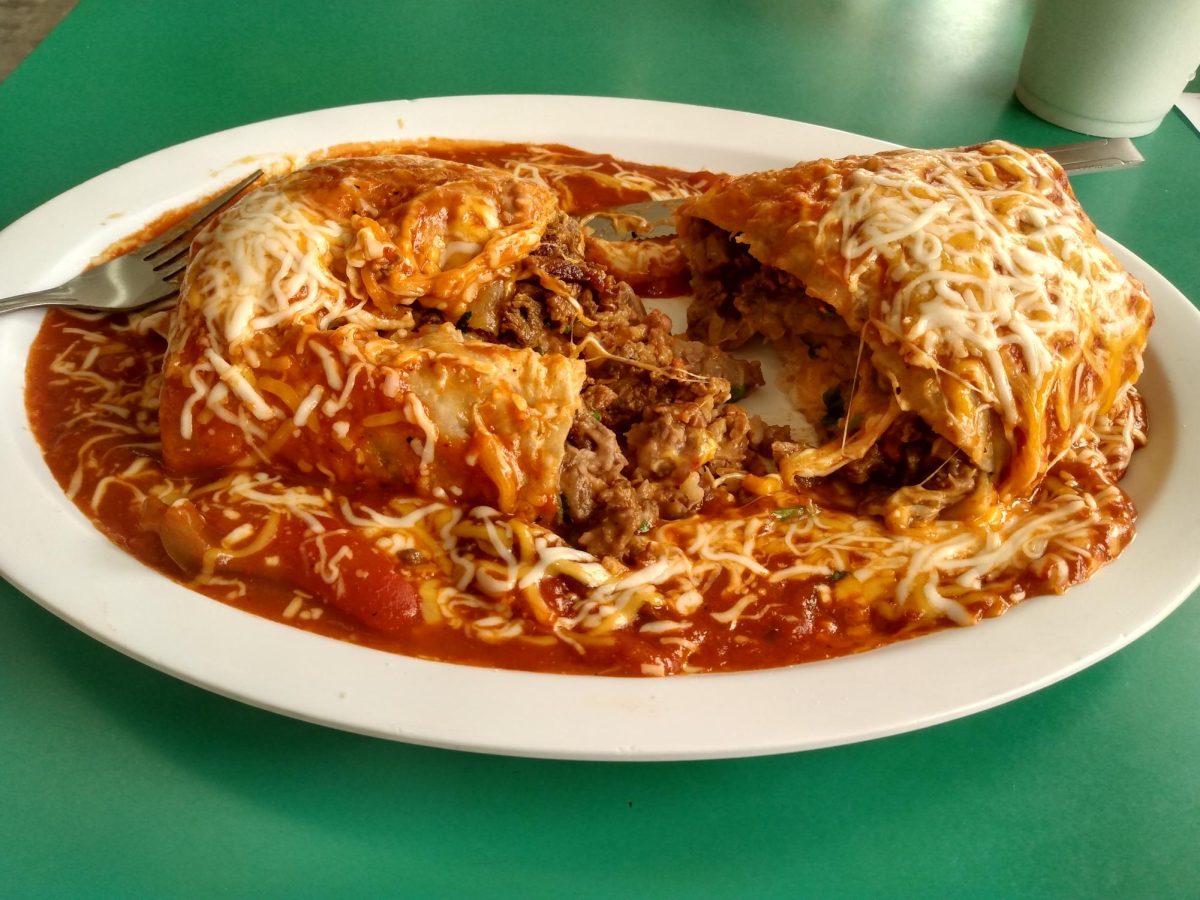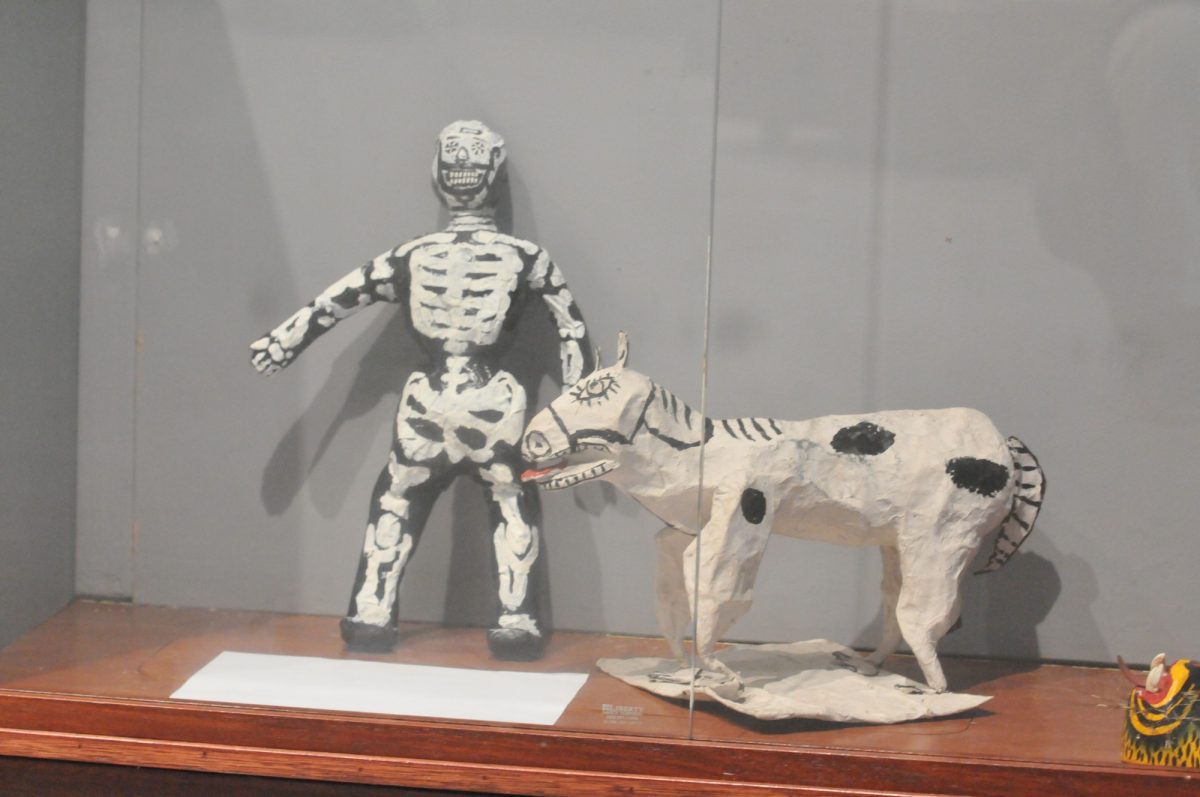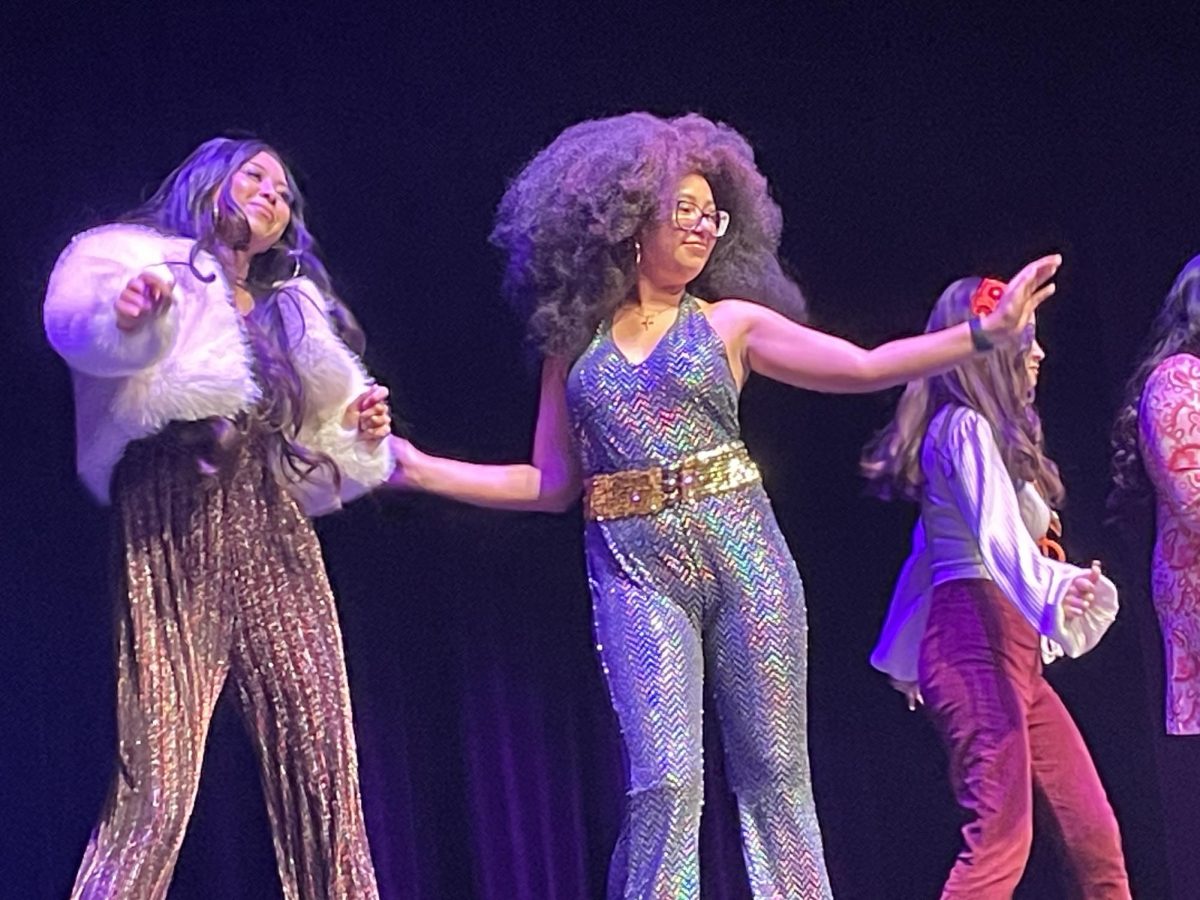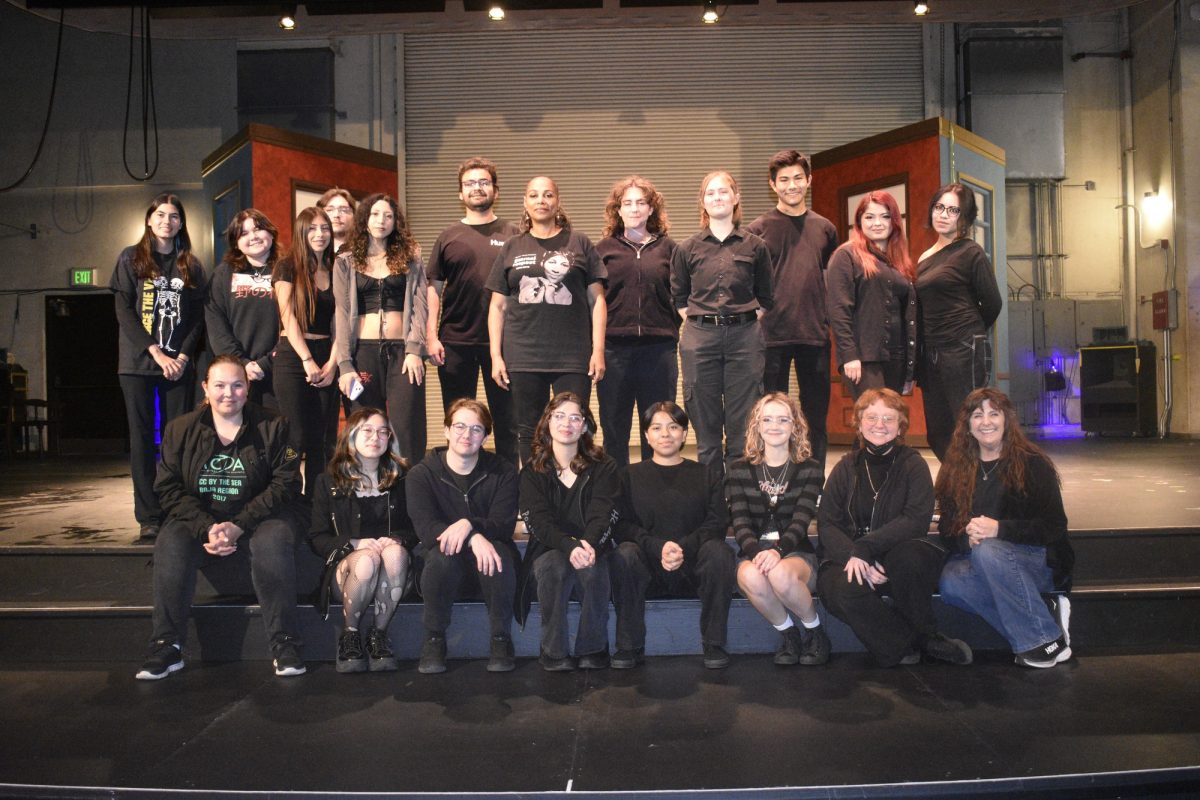Being held upright by his friend after vomiting for an excruciating five minutes, Jonathan Branson asked his buddy for another cold beer as his 1 a.m. party came to a slow end.
“I drink five days out of the week; that’s Monday through Friday, not on weekends. It helps ease my mind,” Branson, 23, Japanese and art major said. “School is a challenge. Alcohol liquefies the whole concept and essentially, I am much more tranquil when I drink.”
Alcoholism is considered a chronic disease because an alcoholic feels a strong craving or the need to have alcohol, according to the National Institute on Alcohol Abuse (NIAA).
“I often drink alone because I feel more powerful, it helps me grasp my unstable mind. Waking up in the mornings is always a downer because I am sober and have strong headaches,” Branson said.
According to the NIAA, “about 25 percent of college students report consequences of their drinking, including missing class, falling behind, doing poorly on papers and exams and receiving lower grades overall.”
According to the NIAA alcohol problems are most common among 18 to 29-year-olds.
“I don’t drink when I study or when I work; that just doesn’t mix. No one would be able to be productive (if they drank while they studied),” Andy Saucedo, 26, English major, said. “After a few drinks, the alcohol begins to alter the mind and decision-making skills.”
According to the study of Alcohol Abuse and Dependence, “thirty-one percent of college students meet criteria for a diagnosis of alcohol abuse and six percent for a diagnosis of alcohol dependence.”
“I’ve never failed or gotten a D grade in any of my classes since I’ve been here at EC. As for tests and papers, I tend to do them the day before the due date. Alcohol makes me a brilliant writer; I become more creative,” Branson said.
According to the NIAA, alcohol may be considered a pleasant accompaniment to social activities such as sporting events, parties and also small gatherings.
“College students drink because it’s a rite of passage. Drinking alcohol is somewhat part of the college experience,” psychology professor Michael Wynne said. “The negative impact of alcohol is that memory, the ability to learn, decision making and motor skills begin to decrease.”
Students are aware that alcohol is part of the college life, especially during weekends, spring break, or end-of-the-semester parties, according to the NIAA.
“I am more likely to get drunk when I know that there will be alcohol, and I also drink when I have free time. But I have one rule: I don’t get drunk or tend to drink on school days,” Saucedo said. “Alcohol promotes a good time whether you like to admit it or not.”
Yet there are some who do not quite understand why alcohol is such a rave among college students.
Angelica Thompson, 22, nursing major, said she believes that a “little-will power” is all it takes to overcome a craving.
“Drinking alcohol to have a good time is the most ridiculous thing that I’ve ever heard of. I don’t understand how vomiting, stumbling all over the place, speaking nonsense and waking up with a pounding headache can be considered fun,” Thompson said. “People’s standards for what fun is have sunk way too low.”
“I can operate perfectly with a high alcohol level. But I don’t drive. I don’t care too much for cars,” Branson said.
“Alcohol is a wonderful gift from earth that enriches my mind and body despite what doctors and other forms of higher education say,” he added.






